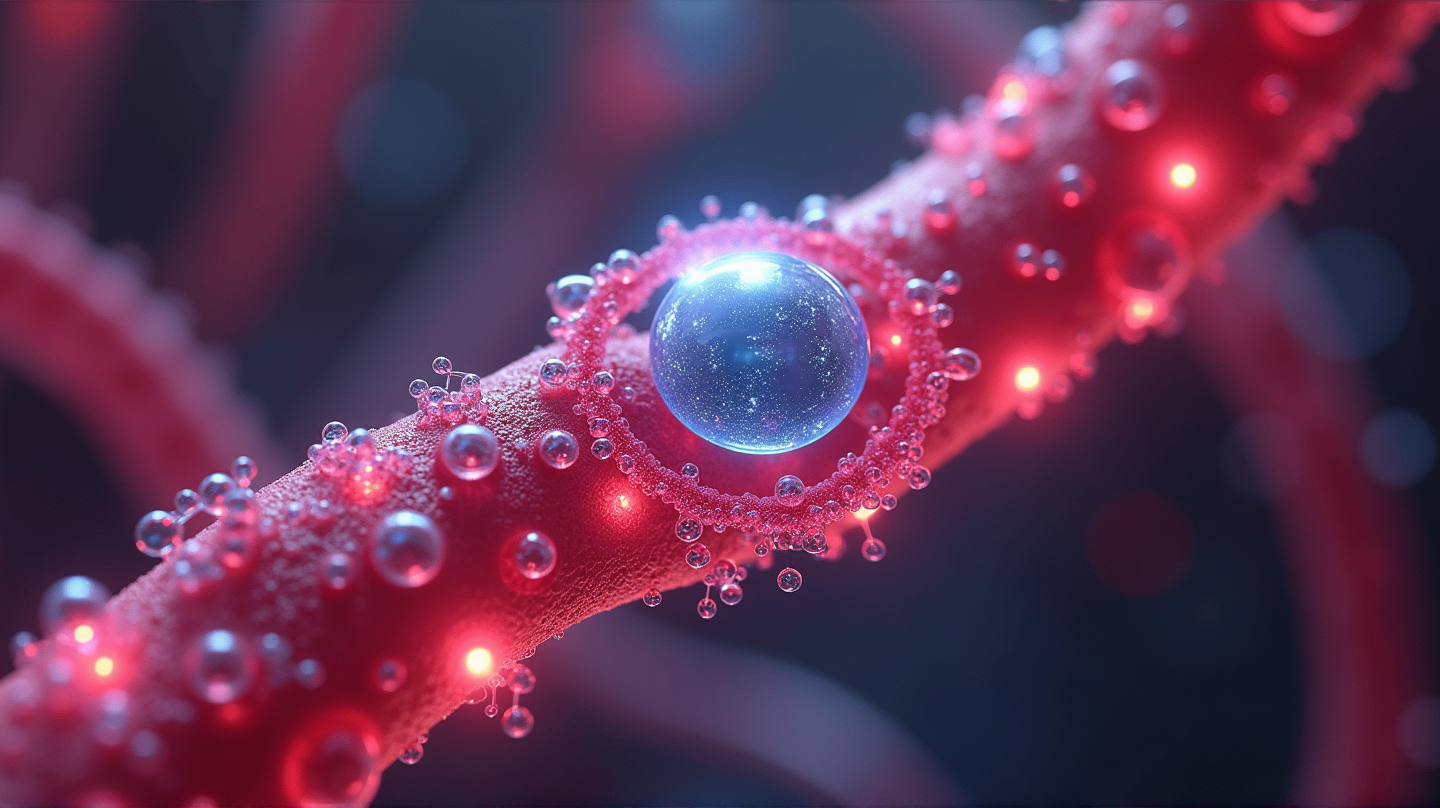A Vision of Continuous Molecular Insight
Imagine a future where our body’s molecular states are continuously monitored, enabling groundbreaking medical breakthroughs such as early disease detection and optimized therapy applications. This vision edges closer to reality, thanks to the fascinating developments emerging from Stanford, demonstrated through the pioneering SENSBIT system.
Breaking Barriers with SENSBIT
For years, biosensors have promised real-time monitoring of minute molecules, yet have been limited by brief functionality. The Stable Electrochemical Nanostructured Sensor for Blood In situ Tracking, or SENSBIT, marks a remarkable progression from its predecessors, functioning seamlessly for up to a week in live models.
Bio-Inspired Engineering: The Gut Connection
Taking cues from the body’s own defenses, researchers fashioned the SENSBIT using insights drawn from the human gut’s natural mechanisms. Its design, echoing microvilli structures coupled with a protective coating akin to gut mucosa, ensures enduring performance against formidable biological threats, and holds promise for prolonged deployment in complex biological fluids.
Exceptional Persistence and Sensitivity
The SENSBIT system has showcased unprecedented persistence, maintaining over 70% efficiency in human serum for a month. In contrast to previous devices capped at 11-hour exposure, SENSBIT operated 7 days inside living organisms without signal degradation. According to Technology Networks, such longevity is pivotal in achieving reliable, real-time physiological monitoring.
Ushering a New Era in Medicine
This ground-breaking tool heralds a new era in healthcare, bringing us closer to detecting diseases before symptoms manifest and providing adaptive treatments. Researchers foresee this innovation as pivotal in cultivating a holistic understanding of human biology, augmenting the way we approach and personalize medical treatments.
Embrace this new frontier, where the interaction of cutting-edge technology and intricate biology promises a transformative impact on medicine.
